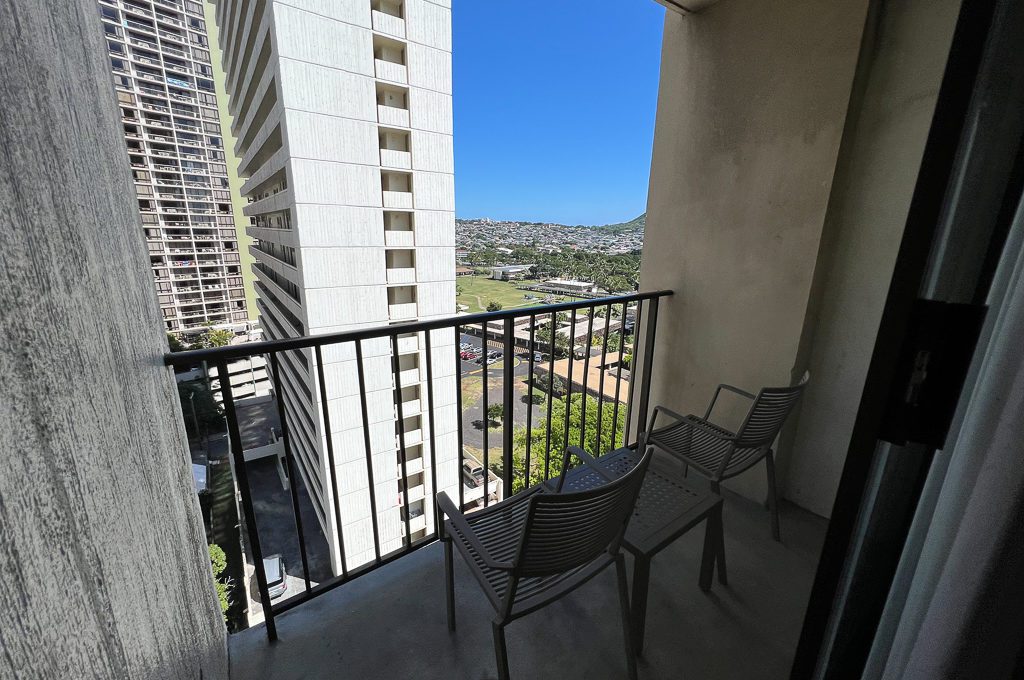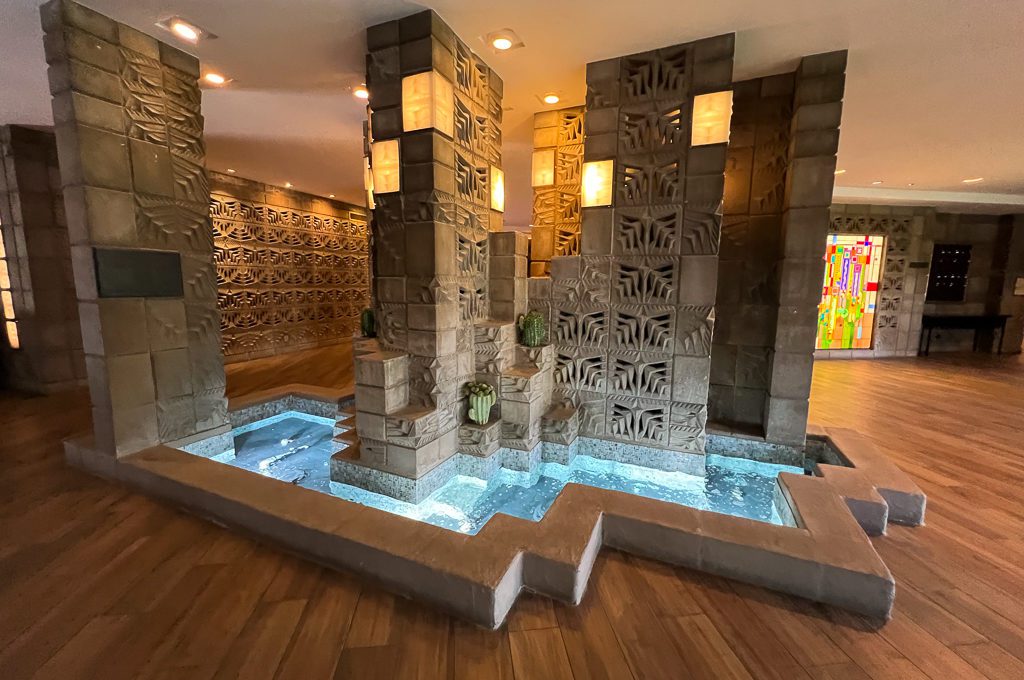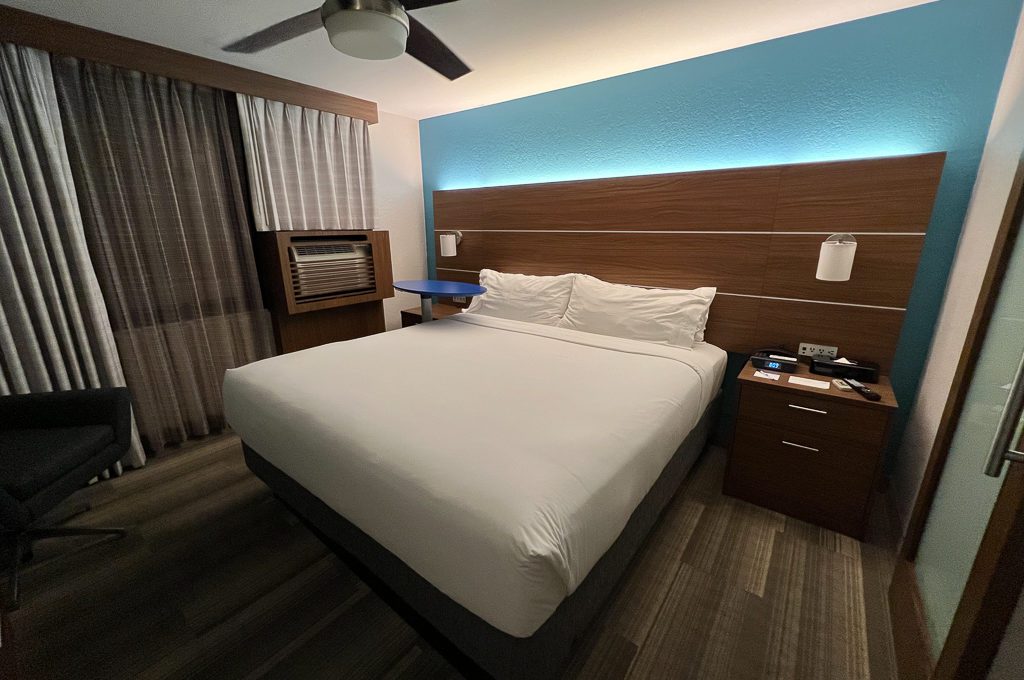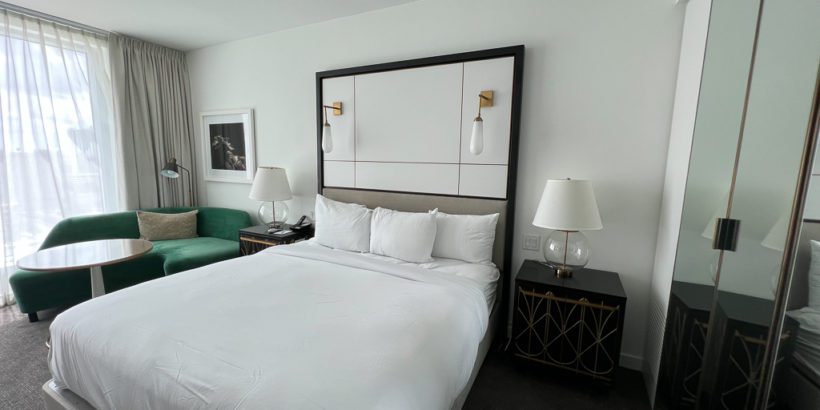Sometimes it’s not very easy to tell if you’re actually going to get what you paid for when it comes to hotel bookings.
There’s nothing worse than feeling like you’ve been fleeced when staying at a property. And on the flipside, coming away with a great bargain always feels amazing.
But can you tell if your hotel room is going to be worth the money or a let down before you ever confirm your booking?
Below, are some helpful tips that could help you to better figure out if a hotel room is worth it.
Table of Contents
Compare your nightly rate to other dates
Hotel prices can fluctuate a lot.
In fact, they can fluctuate multiple times in a single day!
Because hotel prices are so volatile, it could be very helpful to compare prices between different days, weeks, and months.
Sometimes there could be a major event going on during the time of your visit which could double or even triple the rates.
By searching for different dates both before and after your proposed stay dates, you can get a sense of if you have bad timing or good timing. If you start doing this, you might be surprised at how big the price disparities can be week to week or even day to day.
A hotel that has wide fluctuations in price could feel like a steal if you catch it at its normal rate and a total rip off if you catch it at its peak.
Related: Is Booking Hotels After 4pm for Same-Day Stays a Good Idea?
Get clarity on your “view”
Sometimes, you might consider paying a premium for a better view.
Some hotels try to pull a fast one when it comes to offering you a room with a view.
Apply extra scrutiny to “partial views” and beach resorts that have five different ways to describe their ocean views. I’ve seen some pretty ridiculous (albeit creative) examples of what hotels consider a view.
I would suggest calling up to the hotel and trying to get clarity on what to expect. Often times, you can connect with an agent at the hotel who will be more forthcoming about room expectations.
Tip: Use the free app WalletFlo to help you travel the world for free by finding the best travel credit cards and promotions!

Watch out for hotels with “satellite” rooms
If you’ve done a lot of traveling, you’ve probably come across “satellite” rooms before.
These are rooms located in an adjacent property and sometimes the word adjacent can mean something very different from what you would imagine.
Booking a room like this can result in you getting put in a property that is located down the street and that does not have the same essence of the main property. It’s basically like staying at a completely different property (because you are).
It can be extremely disappointing on your stay and make you feel like you’ve been scammed. So be on the lookout for these!
Avoid hotels under construction like the plague
I’ve stayed at hotels before that were less than forthcoming about the construction going on at the property.
It’s now something I always look for and I make sure that I stay far away from these because having construction going on next to your room can quickly devalue your experience by a large degree.
Look for other nice hotels in the area
One trend I have noticed in smaller cities is that a mediocre “higher end” property will sometimes charge a ridiculous rate when there are no other comparable hotels in town.
I experienced this when visiting Juneau, Alaska, with the Four Points Sheraton and also staying at the Omni in Corpus Christi, Texas.
To be frank, these cities don’t have much to choose from when it comes to higher-end properties. Because of that, it’s easier for the top properties to get away with jacking up prices that would otherwise not be very acceptable.
During both stays mentioned above, I did not feel like I got what I paid for….
So if you’re staying at one of the nicest properties in a smaller city be prepared because you may not necessarily be getting what you think you’re paying for.
Scout out recently remodeled hotels
If a hotel has been around for a while, chances are it has undergone at least one major renovation.
It’s often easy to find some type of press release or media coverage on the renovation if you do a quick Google search. If it’s been a decade or longer since the last renovation, the rooms and facilities may feel very dated when you arrive.
I’ll often choose to go with a recently renovated property over a higher rated property that has not had a renovation in quite a while.
That’s because the “freshness” just makes you feel like you’re getting better bang for your buck. Plus, they usually have new restaurants and bars that are fun to check out.

Be careful with newly opened hotels
Related to renovations is how long the hotel has been open. New hotels are always exciting to stay at, especially from a blogger’s perspective because they are fun to review.
The problem is that new hotels often are not in full operation and they are still working out the glitches.
So if you were paying top dollar for a brand new hotel, you may not be able to take advantage of everything it actually has to offer.
This could include top features like the amazing rooftop restaurant, spa treatments, etc.
Keep in mind that new hotels don’t always do the best job of mentioning that certain facilities are not available yet.
For that reason, it’s always a good idea to call the new hotel to verify that certain features will be available if they caught your eye on the website.
By the way, when I say “new” hotel I’m referring to basically any hotel that has opened in the last 12 months.
Don’t get surprised by fees
Lots of resorts are known for charging resort fees or amenity fees which can quietly add on $30 to $40 per night. Some can even be much higher than that!
These fees are supposed to be featured prominently but many times they could be easy to miss when doing comparative shopping and sometimes even when checking out.
Make sure you are factoring in the entire total with resort fees and anything else you may have to pay like parking to get the full picture of your “bargain.“
Figure out your baseline level of square feet
I don’t always get very excited about a lot of square feet because the room layout can sometimes make a room feel much smaller than it actually is. For example, you could have an oversized entryway that eats up a lot of the real estate.
With that said, I do pay attention to square feet because sometimes I’ve booked rooms that were way too small to be comfortable in.
For example, when we stayed at the Holiday Inn Waikiki, it was a nice affordable property but the basic room had only 220 square feet!
Try to get a feel for your baseline level of square feet and that reference point can help you filter out rooms that would otherwise be a major disappointment.

Figure out your baseline stars on Google reviews
I always check Google reviews to see how many stars a hotel has received.
(I usually want a minimum of 150+ reviews to give the stars any weight.)
For the most part, I try to avoid major chain hotels if they have reviews under four stars. But I will sometimes go for something at 3.7 stars or above, especially if it feels like some of the poor ratings are not fully justified.
Going by number of stars in reviews is not perfect and everyone will have their own “star standard” but it helps to have some type of baseline so that you can avoid hotels that fall drastically under your expectations.
Searching reviews for some specific keywords like “poor service,” “broke,” “dirty,” “smell,” etc. can also help you identify a hotel that won’t deliver which relates to the next point.
Tip: Sort reviews by most recent if there are thousands of reviews
Examine the location
Most people probably don’t want to stay in a rough part of town which can often be the case if you’re staying at an airport hotel or a cheap motel.
You can often get a sense of the nearby location by checking out the public reviews of a hotel. Search for things like: “crime,” “sketchy,” “shady,” and other related words and see if they pop up a lot.
You also want to consider the convenience of the location. Hotels that can eliminate your need to rent a vehicle or take a long subway journey are often worth paying extra for.
And if the hotel gives you super close proximity to major attractions, that’s essentially early access which is something I’m usually down to pay extra for.
Finally, make sure you consider the price it will take to get to and from the airport if you’re flying in because sometimes that can turn a good hotel deal into an average or even bad deal.
Is breakfast offered?
A lot of hotels offer breakfast for free and other times you can get it for free if you have certain types of elite status.
Having breakfast covered can save you a nice chunk of change especially if you can get it for you and a travel partner.
Be sure to do a keyword search for breakfast in the reviews to see what people are saying about it. You can also usually find photos of it to give you a sense of what to expect.
Of course, blog reviews are also great for this type of thing. 🙂
Final word
At the end of the day, there’s not always a sure fire way to determine if a hotel booking will be a good deal or not. Instead, you’ll have to figure that out when you arrive and during your stay.
With that said, if you pay attention to some of the factors listed above those can help you sniff out properties that could be problematic for you and make you second-guess your purchase.
Daniel Gillaspia is the Founder of UponArriving.com and the credit card app, WalletFlo. He is a former attorney turned travel expert covering destinations along with TSA, airline, and hotel policies. Since 2014, his content has been featured in publications such as National Geographic, Smithsonian Magazine, and CNBC. Read my bio.

